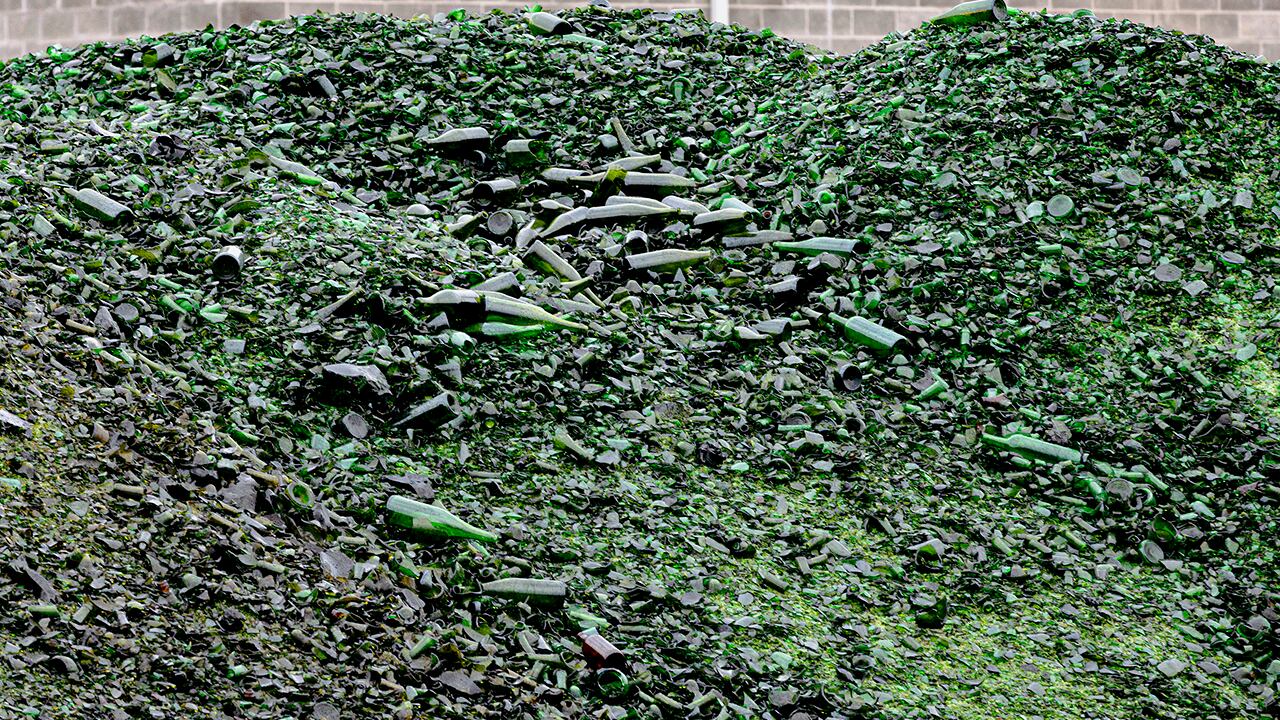This question has long been pondered by beer drinkers: Why aren’t wine bottles redeemable containers? Is this a conspiracy by the wine industry to turn beer guzzlers into wine swillers one dime at a time? —The Guzzler
American attitudes have changed quite a bit since the days of those “Keep America Beautiful” ads with what was then universally described as the “crying Indian.” For starters, putting an Italian American actor in full buckskin-and-moccasins drag (with a feather, yet) was considered totally fine in 1970. More germanely, the ads show how closely “pollution” was identified with “littering.”
This made sense, for the time. Global warming was only a theory; 1970s landfills were nowhere near capacity—it seemed our main environmental problem (aside from, you know, DDT) was probably just people taking a dump on our purple mountains’ majesty by throwing trash from their cars.
This was the era in which the Bottle Bill emerged, essentially as an anti-littering campaign. In 1972, recycling wasn’t really a thing (beyond a few weirdos who saved aluminum cans to sell for scrap); the goal was just to clear the trash from the roadside. Since wine bottles weren’t a major component of 1970s litter, they didn’t make the cut.
Within a few decades, of course, attitudes had become more modern. We understood that plastic was toxic to the planet unless recycled, and water bottles were added to the Bottle Bill in 2007. And we knew that the carbon footprint of a recycled aluminum can was far smaller than that of one made from scratch, so recycling cans made even more sense.
Then there was, um, glass. The problem (or rather, non-problem) is that, except for its mechanical stabbiness, discarded glass isn’t much worse for the environment than the sand it’s made from. Sure, recycled glass is less energy-intensive than the virgin stuff, which is helpful, but the difference is only 30%—good but not amazing. Recycling glass just isn’t that environmentally urgent compared with recycling other materials.
Meanwhile, plenty of Oregon stakeholders, including winemakers, recyclers and grocery stores, really do not want to recycle wine bottles: They’re heavy, they’re bulky, they have near-zero resale value as scrap, and they stink. Not so coincidentally, a legislative push begun last year to collect a cash deposit on wine bottles appears likely to stall. Sad, but perhaps it’s just as well—if you think some dude dragging a garbage bag full of beer cans past your house at 3 am is noisy, wait till you hear him doing it with a bag full of wine bottles.
Questions? Send them to dr.know@wweek.com.
